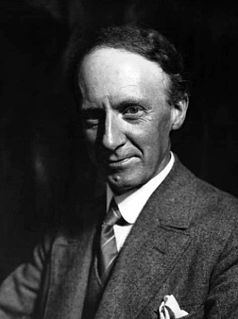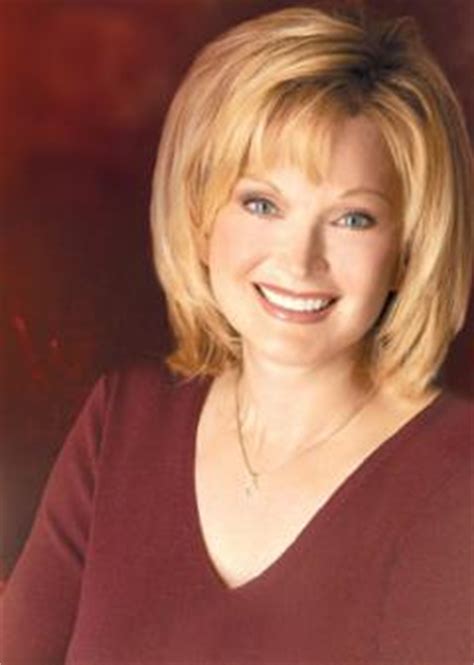A Quote by Leo Tolstoy
The artist of the future will live the ordinary life of a human being, earning his living by some kind of labour. He will strive to give the fruit of that supreme spiritual force which passes through him to the greatest number of people, because this conveying of the feelings that have been born in him to the greatest number of people is his joy and his reward. The artist of the future will not even understand how it is possible for an artist, whose joy consists in the widest dissemination of his works, to give these works only in exchange for a certain payment.
Quote Topics
Artist
Because
Been
Being
Born
Certain
Consists
Conveying
Dissemination
Earning
Even
Exchange
Feelings
Force
Fruit
Future
Give
Greatest
Greatest Number
Him
His
How
Human
Human Being
Joy
Kind
Labour
Life
Live
Living
Number
Only
Ordinary
Ordinary Life
Passes
Payment
People
Possible
Reward
Some
Spiritual
Strive
Supreme
Through
Understand
Which
Whose
Will
Works
Related Quotes
A really spiritual person will live life as an art, will create a deep harmony between the body and the consciousness. And this is the greatest art there is. His life will be a joy to see. And he will be fragrant, for the sheer reason that there is no split in his being. The very unity makes him organic; the wound of division is healed.
I said earlier that I do not believe an artist's life throws much light upon his works. I do believe, however, that, more often than most people realize, his works may throw light upon his life. An artist with certain imaginative ideas in his head may then involve himself in relationships which are congenial to them.
Art is a kind of innate drive that seizes a human being and makes him its instrument. The artist is not a person endowed with free will who seeks his own ends, but one who allows art to realize its purpose through him. As a human being he may have moods and a will and personal aims, but as an artist he is "man" in a higher sense— he is "collective man"— one who carries and shapes the unconscious, psychic forms of mankind.
It is the work of the Canadian artist to paint or play or write in such a way that life will be enlarged for himself and his fellow man. The painter will look around him . . . and finding everything good, will strive to communicate that feeling through a portrayal of the essentials of sunlight, or snow, or tree or tragic cloud, or human face, according to his power and individuality.
In his very rejection of art Walt Whitman is an artist. He tried to produce a certain effect by certain means and he succeeded....He stands apart, and the chief value of his work is in its prophecy, not in its performance. He has begun a prelude to larger themes. He is the herald to a new era. As a man he is the precursor of a fresh type. He is a factor in the heroic and spiritual evolution of the human being. If Poetry has passed him by, Philosophy will take note of him.
Much has been said about Robert, and more will be added. Young men will adopt his gait. Young girls will wear white dresses and mourn his curls. He will be condemned and adored. His excesses damned or romanticized. In the end, truth will be found in his work, the corporeal body of the artist. It will not fall away. Man cannot judge it. For art sings of God, and ultimately belongs to him.
An artist who brings to his work a mind tolerably furnished with the general principles of art, and a taste formed upon the works of good artists ? in short, who knows in what excellence consists - will, with the assistance of models... be an overmatch for the greatest painter that ever lived who should be debarred such advantages.
It is not the right of property which is protected, but the right to property. Property, per se, has no rights; but the individual - the man - has three great rights, equally sacred from arbitrary interference: the right to his life, the right to his liberty, the right to his property The three rights are so bound together as to be essentially one right. To give a man his life but to deny him his liberty, is to take from him all that makes his life worth living. To give him his liberty but take from him the property which is the fruit and badge of his liberty is to still leave him a slave.




































